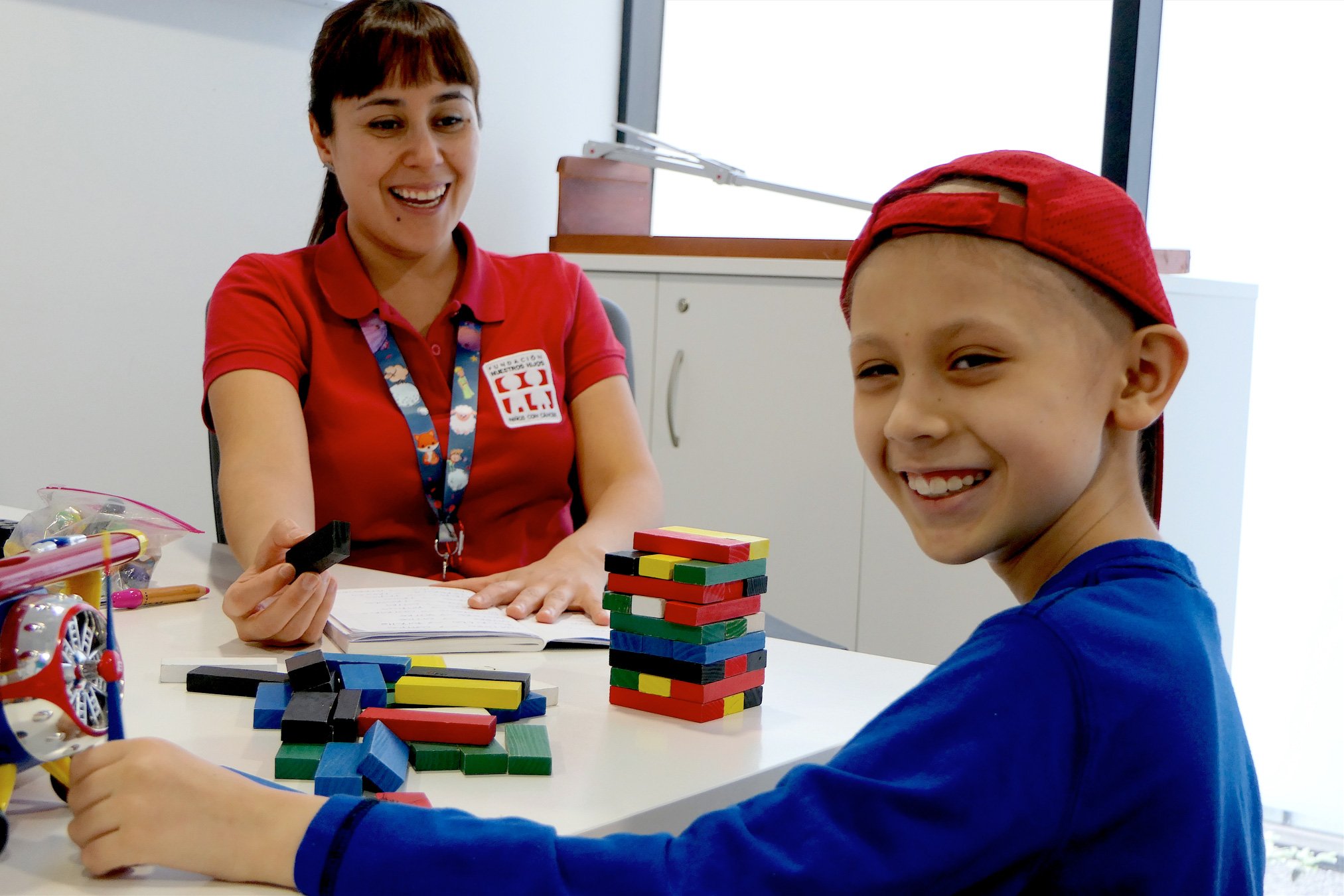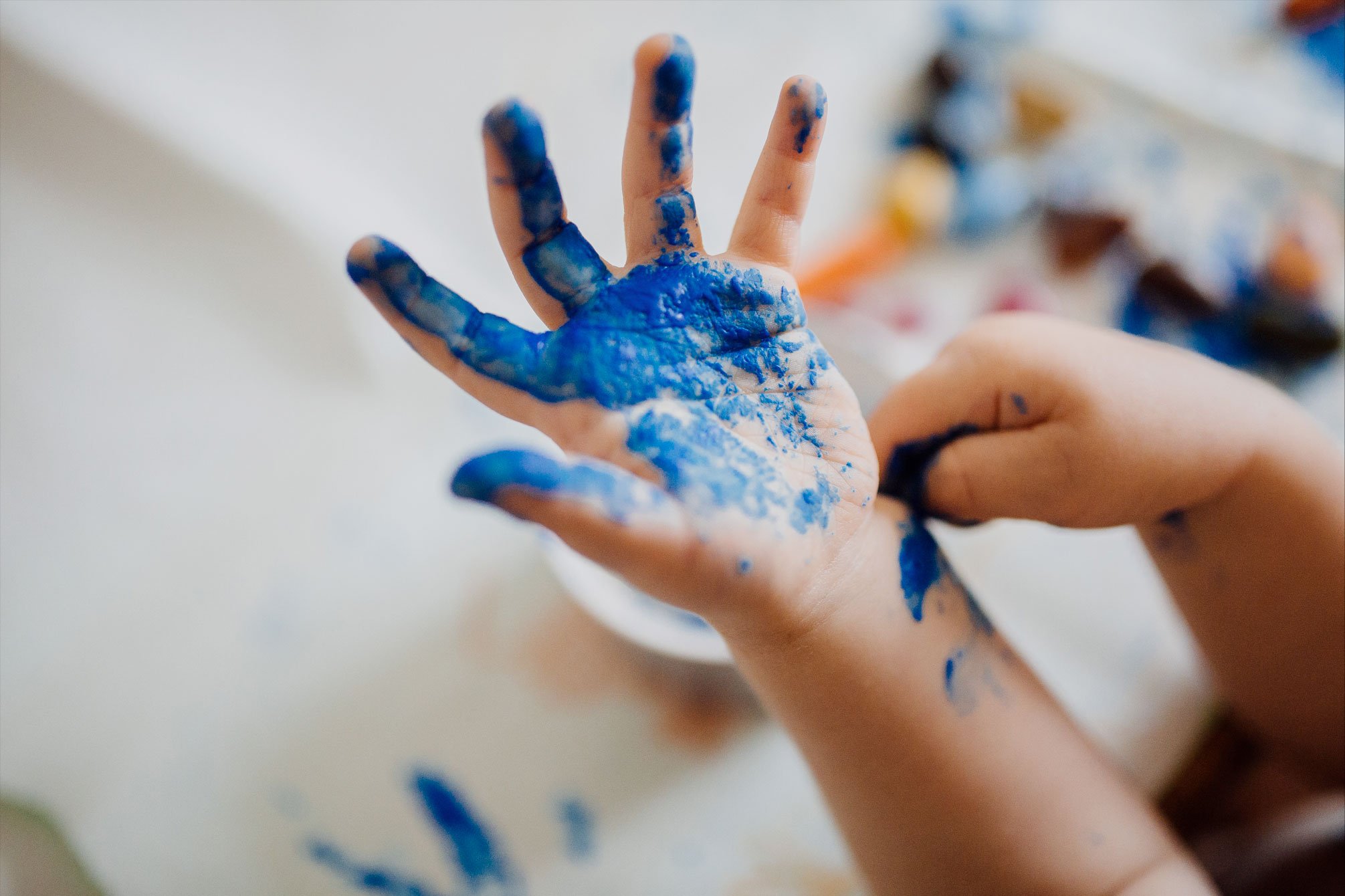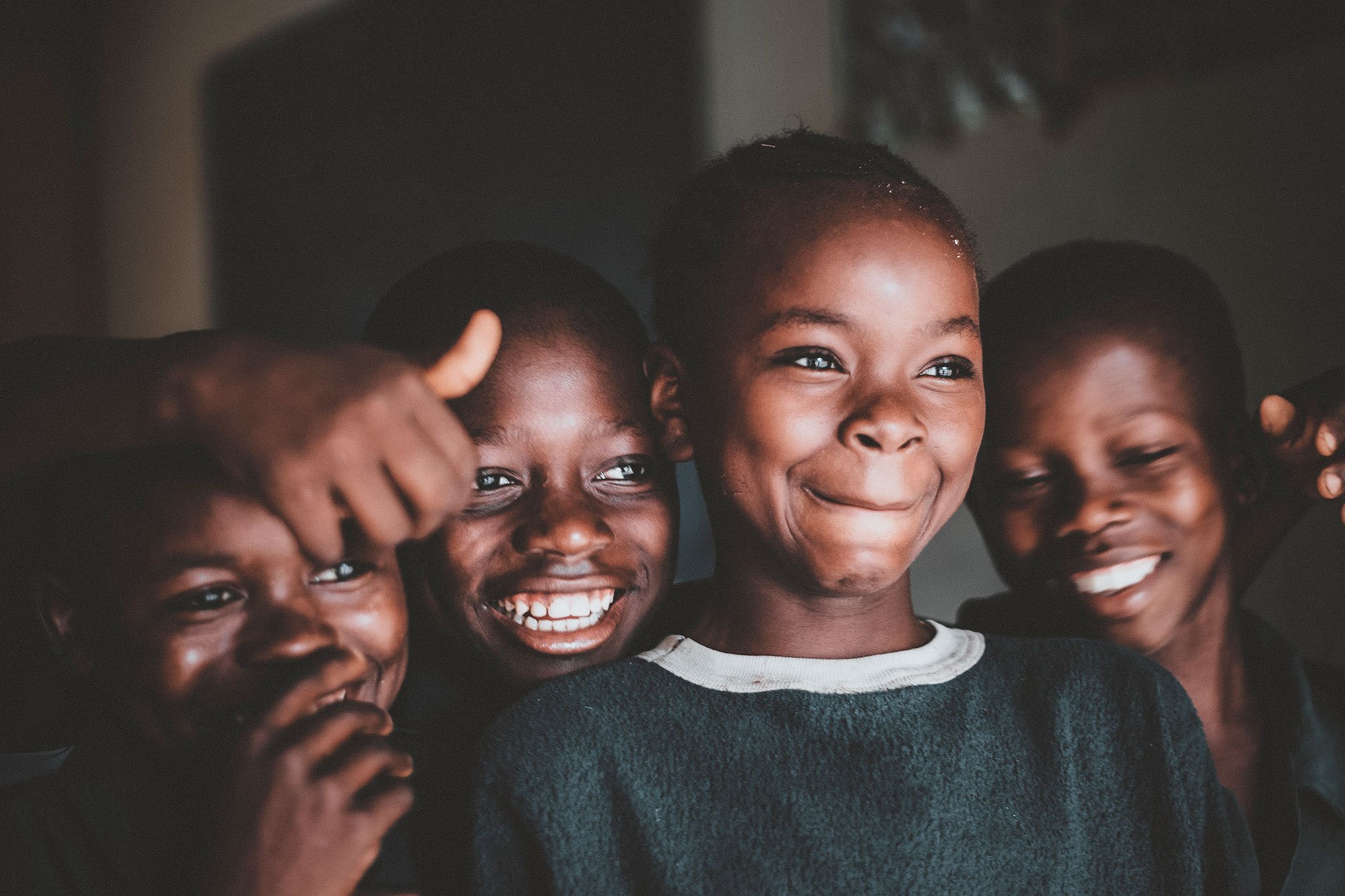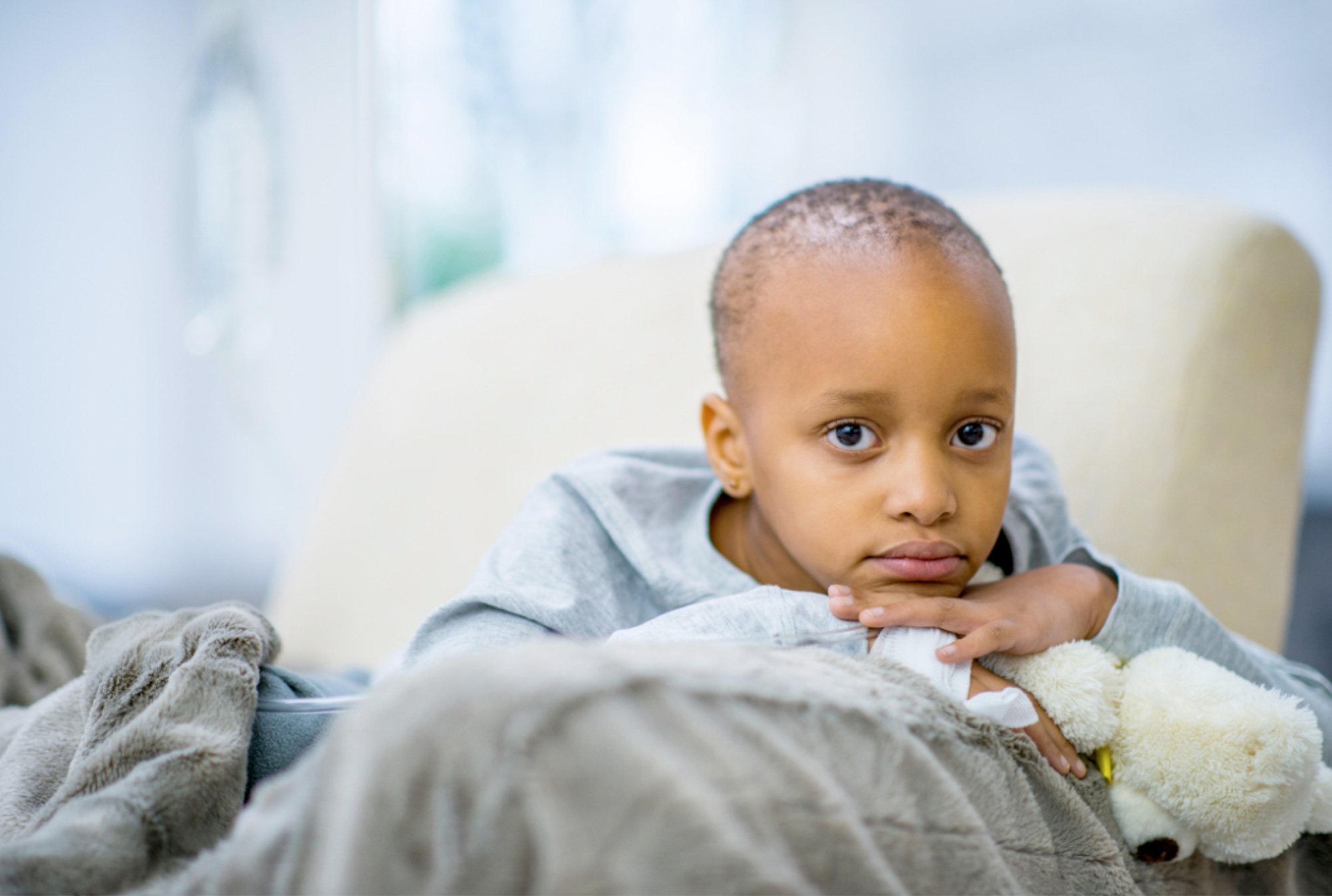
Direct Practical Support.
The childhood cancer journey is long and arduous. To overcome cancer requires not only medical treatment but also the emotional and practical support - by a variety of groups, including care professionals, parents and volunteers.
-
For many children and teenagers around the world the place where they go for treatment may not be in the same city or town they live, but far away. Added to this, often the treatment can be for several weeks at a time, over a period of months, even years. Accommodation for the child, parent or caregiver that has two live in another city for extended period of time becomes a real challenge. Many of our members provide accommodation in beautiful homes and buildings which become a home away from home.
-
To and from treatment facilities can equally be a challenge for many families, particularly those of low-income backgrounds. Many CCI members provide transportation services, either in the form of financial support, or the organisation's own vehicles which transport children and family members to and from home and the treatment facility.
-
Proper and sufficient nutrition is an important part of staying healthy during treatment and better and quicker recovery thereafter. A large number of CCI Members provide education around suitable nutrition and (in low-income contexts) the provision of food supplements or food parcels.
-
Whether it is improving the general state and conditions of the hospital ward in a low or middle income country, or making a cold and clinical ward in the hospital in a developed country more child friendly and homely, many CCI members do renovations / refurbishments of wards, and/or provide ward comforts (such beds for parents, comfortable chairs, cooking facilities and entertainment facilities for the children and teenagers).
-
The childhood cancer journey is emotionally and psychologically traumatic for both the child or adolescent, as well as the parent and family members. As such psychosocial support for the whole family is regarded as essential. CCI members either provide these services directly by employing social workers and psychologists, or are able to refer children, teenagers and family members to psychosocial support services. This being such an important service, there is a separate section on this under Programmes and Services section.
-
Apart from the professional psychosocial services provided by social workers, psychologists and other such professionals, more informal, yet equally valuable support is provided by parents (who've had a child with cancer supporting other parents who child is undergoing treatment), or by volunteers in wards and homes supporting children, adolescents, and other family members.
-
An important service provided by all of our members is the provision of information – verbally, through printed materials, or online. This assists the child, teenager and the family understanding cancer better including what to expect for treatment, understanding post treatment effects, and what general support is available to them. Many children, parents and family members find such guidance information invaluable.
-
Particularly (but not only) in lower income countries where treatment is either not easily available, unaffordable, some forms of treatment are lacking, or there is a lack of essential medication; CCI embers sometimes pay for certain treatment procedures, provide medication, or provide funds for medication.
Across our over 180 members in 94 countries there are many practical types of support and services, directly to the children, adolescence and family members. These include:
This is a summary of the more common types of practical services and support offered by our members. It is by no means a comprehensive list. In short, CCI members provide in-person and ongoing practical and emotional support to children, adolescents and family members undergoing the cancer journey. In this way they receive support from the time of their diagnosis, to the end of treatment, or sadly - until the end of life. In fact, often the psychosocial and emotional (informal) support usually extends well beyond treatment.





